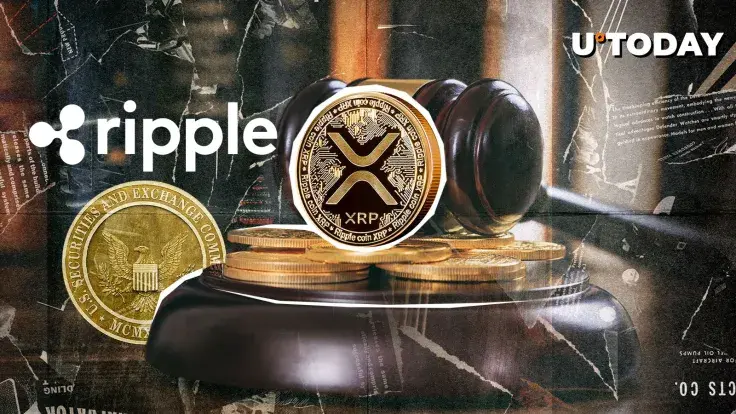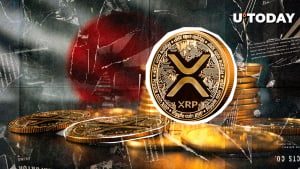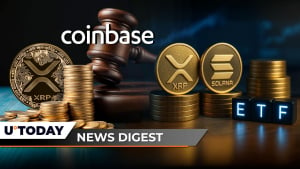It seems that the XRP debate is not over. If anything, it is picking up steam again just as the altcoin gains traction with a major institutional milestone; it is also being pulled back into legal discourse.
John Deaton, attorney and prominent voice during the Ripple v. SEC battle, being a legal representative of XRP holders in this case, recently weighed in after a critic on X dismissed the cryptocurrency as a scam and pushed Bitcoin and Ethereum as the only legitimate digital assets.
Deaton’s response did not just defend XRP; it challenged the broader framing of regulatory fairness in crypto. Here is his angle: even if you think Ripple’s team cashed in too hard or that XRP is not your favorite coin, that does not mean the SEC’s classification was justified. Deaton’s point was less about liking XRP and more about opposing how it was treated.
To him, saying that all XRP is a security, no matter how it was acquired, crosses a line. That kind of thinking, he argued, misses what market freedom is supposed to be about.
He is no Bitcoin skeptic either, as Deaton noted that 80% of his net worth sits in BTC. When he criticizes the SEC, it is not from a pro-XRP tribal stance. It is about how rules are applied, and whether they are being used as tools — or weapons.
Meanwhile, XRP just scored a major win, with CME announcing XRP futures trading will launch on May 19, 2025. That kind of move usually signals growing comfort from big-money players. But just as the asset takes a step forward, a new legal cloud rolls in.
XRP was recently listed as an unregistered security in a fresh lawsuit against Coinbase, filed by Oregon’s Attorney General Dan Rayfield. It was not alone; other big-name tokens like ADA, AVAX, AAVE, UNI and LINK were included. Paradigm’s Justin Slaughter flagged the move, while Coinbase dismissed it as a regulatory overreach dressed up as enforcement.





 Dan Burgin
Dan Burgin Vladislav Sopov
Vladislav Sopov